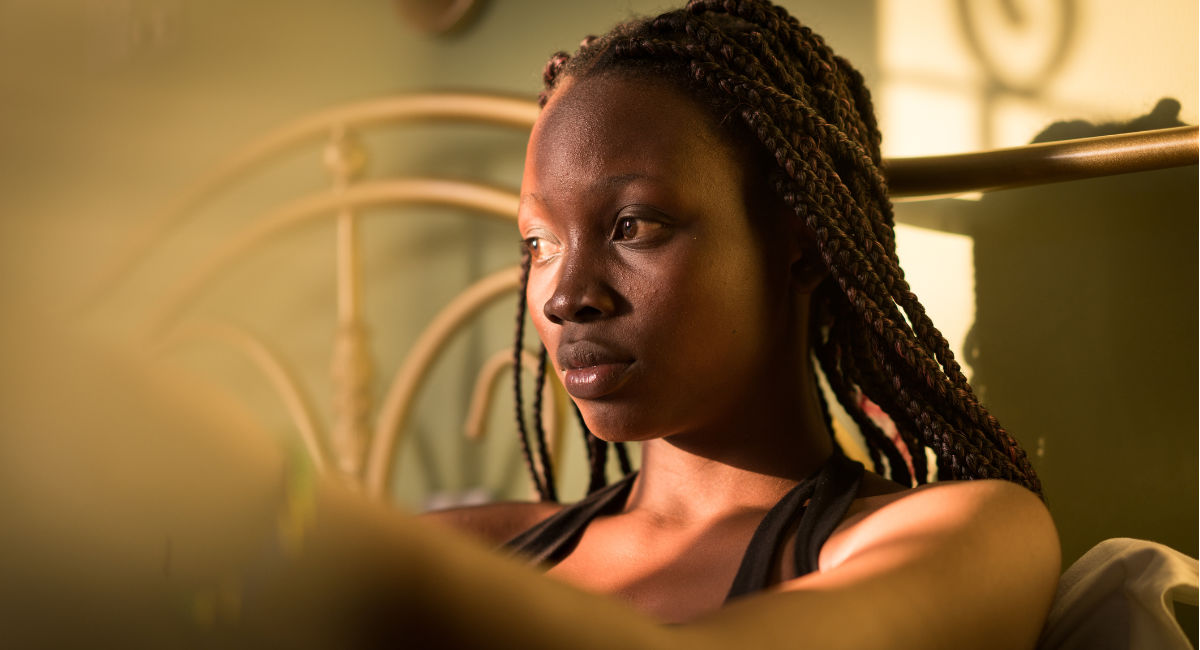Ms. Magazine has collected a series of abortion stories in order to prove that abortion is “critical” to women and girls. ‘Our Abortion Stories’ shares the abortion experiences of Ms. readers and appears to be an ongoing project of the magazine.
Many of the stories show that women and girls don’t need abortion – they need support. That support exists, but the pro-abortion media and politicians are attempting to conceal it and disparage it.
Pregnant at 17
Veronika shared her abortion story, explaining that she got pregnant at age 17 after acceptance into college. She said she “was ready to change cities and start working toward a career in electrical engineering. I knew I was definitely not ready to start a family.”
However, in her home state, she would need parental permission to have an abortion and she felt her parents would not allow it. She even feared her mother would kick her out of the home. Veronika contacted the pro-abortion group Jane’s Due Process, which helped her – a minor – undergo an abortion without her parents’ consent, and possibly without their knowledge.
What Veronika needed was support and to be made aware of the resources that were available to her — including for adoption and parenting. There are colleges that provide housing for parents, as well as childcare so that young mothers can continue their education as planned. For example, MiraVia is a pro-life pregnancy center that offers a residence for expectant mothers on the campus of Belmont Abbey College, though students who live there can be attending a different college. The young mothers stay there free of charge until their child turns two. They also receive meals, childcare, case management, referrals for services, and are ensured prenatal care.
Pregnant in college
A woman named Yamani shared her story of becoming pregnant while in college at the age of 19. It had only been a month since her grandmother had died and though she “wondered if it was her spirit coming back to me,” she had an abortion.
“I decided to have an abortion,” she explained, “because I didn’t have the support I needed to be the parent I wanted to be. I didn’t have any barriers to [abortion] access, but I regret my abortion and for many years, I did not talk about it publicly. I am staunchly in support of abortion access without any barriers and never want anyone to try to use my regret against my advocacy.”
Yamani had an abortion only because she felt she didn’t have access to the support she needed to be a good mother – but she did have access to abortion. Rather than point out the clear issue here, she argues that though she regrets her abortion, she wants women and girls to have open access to it and fails to speak out about ensuring access to pregnancy and parenting support.
If Yamani had been given access to support instead of access to abortion, she could have kept her baby and continued her education. Pro-life pregnancy centers exist in abundance around the nation and offer support to mothers and families including material goods and access to resources that can include child care, health care, housing, and education. Whatever challenges a woman is facing that are pushing her towards abortion, the support offered by pregnancy centers can help her to confidently choose life. Abortion facilities and organizations only “offer” women abortion.
Instead of promoting and protecting these centers, our current government is working to shut them down, even passing laws that will prevent them from assisting women and families, all because the centers don’t commit or refer for abortions.
Pregnant after her mother died
Shawanna explained that she became pregnant at age 17, just a year after her mother died from ovarian cancer. She went to Planned Parenthood and said though it was a “difficult decision” she needed to have an abortion because she was already acting as a parent to her younger sister and “couldn’t financially or emotionally provide for another child.” She also explained that she wanted to finish high school and that her boyfriend was not in “a place to be able to raise a child.”
Shawanna ended up working at Planned Parenthood and said, “If I had been raising a child since 17, I would not have been able to enter the healthcare field.”
This is a common misconception in our pro-abortion society – that women are incapable of being successful both in motherhood and in their careers. But with the support they deserve, women can achieve their goals.
Again, pregnancy centers and pro-life organizations exist in order to help women continue their education and raise their children. Shawanna didn’t need an abortion, she needed to be ensured of her competency and be supported, not given an abortion and left alone to raise her younger sister.
A study in the journal Contraception showed that pro-life pregnancy help centers offer better and less expensive services to women than abortion facilities do.








